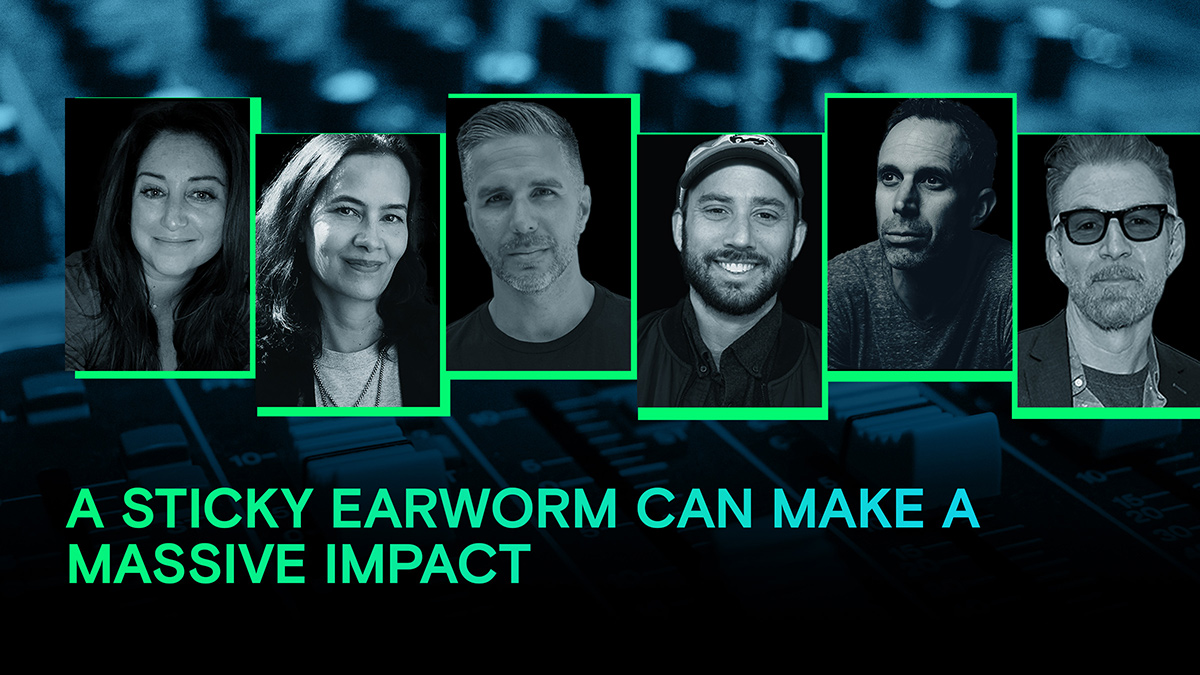Sonic expression is integral to this industry. Whether it's for a feature film or a TV spot, the use of music can make or break the whole viewer experience. From oppressive imperial marches to upbeat ba-da-ba-ba-ba’s, music and sound design are able to support the direction of a production, create contrast as well as generate moods in their own right.
And like the rest of the entertainment industry, music and sound is going through a wave of change, with the advent of AI recording, the rising popularity of licensed songs, as well as other issues.
To that end, we’ve queried a selection of audio veterans to comment on a range of issues they deal with every day. On deck with us are (shown from left in the photo above) Leslie DiLullo, Executive Producer at Beacon Street Studios; Rani Vaz, Executive Creative Producer of Supreme Music; James Alvich, Founder and President of Music And Strategy (MAS); Nick Crane, Creative Director at Racket Club; Elad Marish, Creative Director at Swell Music + Sound; and Greg Kuehn, Creative Director/Composer at Peligro Music and Sound and punk-rock keyboard player with T.S.O.L.
What did they have to say? Plenty. But first, we asked them about their studios' respective high points of late. And we got an earful.
So what are some of your most recent projects, and what made them stand out?
Leslie DiLullo, Beacon Street: The viral success of BK’s Whopper Whopper has been so special, kind of hard to top that one!
James Alvich, MAS: This past year has been filled with so many incredible projects, but one that really stands out is what we did for Maximum Effort. MAS created 195 covers of every single national anthem around the world for Maximum Effort’s TV channel on FUBO TV. It was an incredible amount of work and logistical planning to hit key delivery dates, but also the prep to make sure that we’re doing each of these scores justice. We also had to ensure the production was on par with these epic anthems. Big celebrity jobs, like our recent work with Lincoln and Serena Williams, as well as our Super Bowl work for E*Trade, were also highlights.
Nick Crane, Racket Club: The Meat History spot we did for Impossible Foods was just so fun on so many levels. We love working with our buddies at Super Serious. And it was a full team effort which was always the best - we were involved at every level, from lyrics to composition to production to recording to shooting to editing to sound design to mixing. And of course, ‘What a Wall Wants’ for Benjamin Moore and Fig. What's the point of working in this business if you can't create Christina Aguillera covers with lyrics about Paint sung by a cat clock, right?
Greg Kuehn, Peligro: Scoring the opening for the Rock and Roll Hall of Fame show on HBO for the last couple years, and getting the opportunity to do it again this year, was big. It was a really fun challenge, incorporating elements of the nominees vocals into an original composition, and making it all feel like it works organically. Also, scoring the open for Chris Rock’s latest special, “Selective Outrage,” on Netflix. He’s such a titan of comedy, and it was rewarding to help set the tone for the show with a compelling opening.
Elad Marish, Swell: We've been working on a really fun Popeyes campaign with Flawless post. We got to write a custom hip-hop track for TikTok users to add their own videos to and got to sample the influencer Wisdom's vocals for it. It was fun.
Agency creatives often talk about the vital importance of music and sound in helping make their spots and campaigns emotionally relevant, memorable and effective. Does an appropriate amount of care go into how they execute the music and sound elements of their work?
Rani: The creative process in all aspects of production benefit from early (and often) input between the team and partners. This applies particularly to music, which can be tricky to discuss. Agency creatives, producers, directors and composers all want the music to be outstanding, whether original or licensed. A brief might suggest a particular direction, but what about other options? These are mandatory questions to ask as early in the production timeline as possible, so the process can be handled thoughtfully.
But sometimes this process gets truncated when it comes to music and sound. There’s less forgiveness for not nailing it immediately, the first time out, especially when library tracks are the first line of defense. Other parts of the production process afford more access to ongoing hands-on work with the team. Pulling library tracks can be a quick, efficient solution, or it can be a limiting factor, unintentionally narrowing the scope, or eliminating a company’s work because the perfect track direction does not exist in pre-made form. As composers, if we rely solely on competing with three other company’s library tracks for each job, the opportunities for the ineffable, creative parts of the process will be shortchanged.
Greg: It’s definitely not always the case, but it really does help to be involved early when it’s possible. I try to gravitate towards the people I’ve worked with before, who value music and like to get me involved early, but a lot of great work gets done in the final hours, too!
It’s hard to say what is enough care and planning. Each project is different. I’ve found that early conversations are helpful, but once you get to edit, it can take a 180-degree creative turn, and you’re starting from scratch. I think being a partner throughout is the key, and having the agency and brand's trust that you’re going to continue to deliver is probably the most important aspect of the planning process. You rarely see film directors triple bidding in the middle of a project, but it can happen in music if the composer delivered a score that wasn’t right, or if a supervisor didn't send the right tracks on round one. I think having trust in the people you're working with is the best thing you can do to deliver the most creative work.
Elad: Yes, I think at the top shops, they know what they are doing. They spend a lot of time and energy planning and cultivating the music. As far as sound, it's more of an open book. Sometimes the production sound is not so great, and we have to get out our magic tool set to fix it.
Nick: There are so many studies out there about how music is more effective in creating brand awareness than anything else. Humans are hardwired to have emotional responses to music on the subconscious level. Even so, the music creation process does get handcuffed occasionally, for a lot of reasons. It’s not because agencies and clients don’t have great music taste or ideas; often it’s budget or time-crunches that can limit creativity. Sometimes it’s an uphill battle, but our favorite creative clients fight and win that battle alongside us.
Leslie: Music can be a scary concept for a lot of people, but the right partner can fill in the blanks and bring a concept to life from even the merest of briefs. Ultimately, it’s great when there’s a plan, but sometimes the best creative surprises come from loose reins.
Even spots for smaller advertisers seem to be using licensed tracks these days. Do you think the advertisers’ interest in original music has changed over the past few years?
Elad: I think that the advent of drag and drop libraries has changed custom music a bit, but when the agencies want something they can massage, tweak, and make their own, they still reach out for custom music.
James: Over the past decade, the usage of licensed tracks has increased for sure. That’s one of the reasons MAS was founded, so we could offer that as a resource when needed. However, original music still has its place, offering uniqueness and a tailored feel. Advertisers recognize the value of bespoke compositions for brand differentiation and originality.
Leslie: Licensed music does seem to be more popular than ever, but we’ve actually seen an uptick in original music needs over the last few years. Since Covid, sonic branding and mnemonic production have become more of a star, which has given us a lot of opportunity to really help brands distinguish themselves and make more of an impact with original/ownable sound.
Nick: Trends are constantly shifting around in this industry. It’s a mixed bag, but we still see plenty of enthusiasm for original music with our clients. Sometimes I think it can be scary to make something from scratch, and the benefit of licensing is that you can try out a bunch of tracks without making a commitment. That makes sense. There are just strengths and weaknesses to both approaches and the BEST approach is to keep an open mind and do whatever serves the spot and the situation.
Greg: I find that licensing is often seen as the first option, and I’m okay with that. There are still lots of opportunities for original music, and offering great licensed music that is customizable is a really good solution at times. I always try to make something work for all situations.
What’s your opinion on the impact of AI and its ability to ‘create’ music and sound that mimics particular artists or styles? Does it give you any worries about the future of independent music studios?
Rani: There are so many layers to this question, including how we approach production, production processes, industry/legal standards and finances, as well as the tools we use each day in the studio. On a purely practical level, though AI already saves us time with specific studio/production tasks, for instance, human guidance is still absolutely crucial. On a macro-level, we’re all in the learning-curve stage, figuring it out as each week brings new tools and possibilities, as well as questions of process and responsibility to ourselves, artists, musicians and clients. As with all disruptions, there are challenges - but challenge, growth and change are part of our human society, and right now, we’re looking more closely at the possibilities part of it.
Nick: I'm not worried about our particular niche of the business, since we create mostly bespoke music and provide super hands-on music supervision, both of which require a level of psychology and collaboration that goes far beyond pure song-writing and production. But I definitely worry about the impact it has for session musicians. In terms of generating a simple one-instrument part, or a melody...AI's advancing really quickly.
Leslie: Generative music AI is here to stay for sure. At this moment, the tech is not producing usable results in our niche, which makes sense when you understand that Meta’s MusicGen and Stable Diffusion’s Stable Audio were both trained on licensed library music, and library music is what we’re routinely called upon to replace in many scenarios. That said, it would be foolish to think that generative music AI won’t be able to eventually produce a commercially viable piece of music. We’re watching this space closely. For now, we’re fully embracing AI as a tool, just like we would any other.
James: Here comes my sweeping generalization of AI music. Personally, I have no interest in hearing Frank Sinatra sing a Drake song. It’s not cool, nor does it impress me. Later in life, when AI has every single recorded song in history and is creating its own music, perhaps I’ll change my opinion, but for now, it just annoys me. However, I do think AI will be a friend to composers and an extremely useful tool that helps elevate music.
Elad: Music is delineated by soul. This is the one thing that AI is lacking, so I have no worries that it’s going to take our jobs. We basically ignore anything that is computer-generated and use it as a tool rather than a source of inspiration.
Greg: It doesn’t sound very good, and it definitely has no emotional connection to the work, so I’m not very worried about it. The magic happens when people collaborate and listen to each other.
Organizations like AMP and AICP are trying to foster greater diversity in the industry. How important are these initiatives? Are you doing anything to expand opportunities for underrepresented talent to get into music and sound for brands?
James: They’re incredibly important. The music and sound industry, like all creative fields, benefits from diverse perspectives and voices. Encouraging underrepresented communities not only fosters inclusivity but also brings fresh, unique ideas. Since the start of MAS, we’ve always put a priority on having a diverse roster and staff.
Nick: This is very important to us, and it's been part of our mission from the start. Our field is really particular and social in nature...and historically that has limited the opportunities for people from diverse backgrounds. Racket Club sponsored the DEI panel at Mondo Music Conference last year, we’re a big supporter of the AMP D&I Scholarship program, and we're always looking for new ways to support diversity in the industry and give more folks access to, and information about, how to get involved.
Greg: Both organizations are very useful, and we do a lot of mentoring with underrepresented and at risk communities. I’m also very active in the recovery space, particularly with musicians and other creative people. I feel it’s very important to give back when we can.
Elad: Absolutely, we think this is super important. We’re constantly trying to get underrepresented groups into our studio. We love hearing from all voices!
MORE FROM THE SIMIAN BLOG
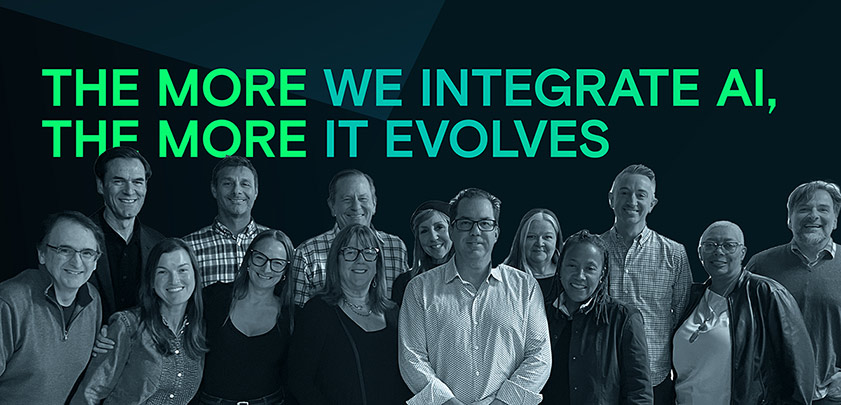
A hot topic for Agency Heads of Production? Take a Guess.
As the industry continues to recover from the effects of the pandemic, more and more people are spending time togethe...
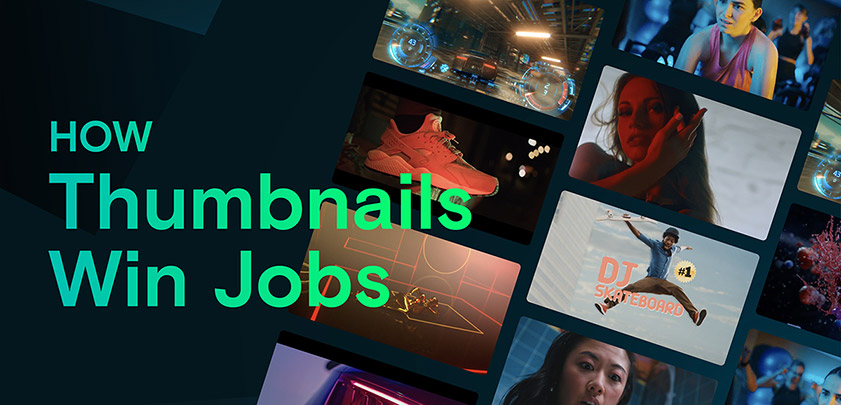
How Thumbnails Make or Break the Job
Put yourself in the shoes of an agency producer for a moment – and if you are one, get excited – we’re about to...
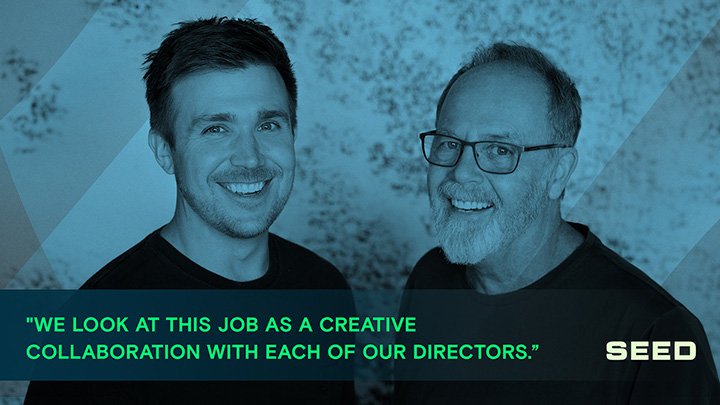
Passing the torch, and the values, at SEED Media Arts
Roy Skillicorn and Bradley Johnson have joined forces to further develop the SEED brand into what it is today. With S...
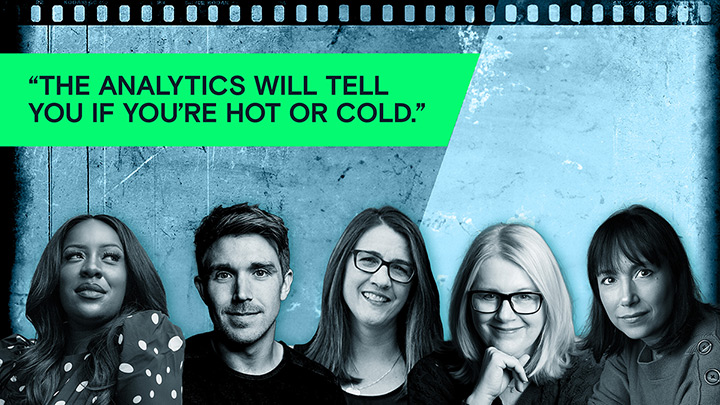
Chemistry Check: EPs and Reps on Winning the Bid
In one of our most recent Simian Heads of Production roundtables, agency HoPs spoke at length about the intangible nu...
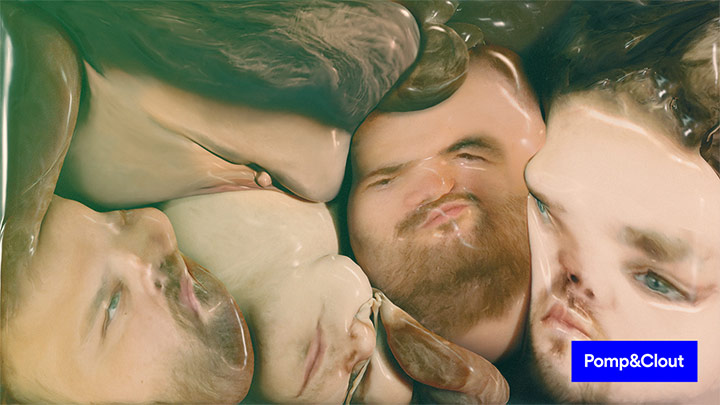
Horsing Around: Turning Ideas into Reality at Pomp&Clout
Pomp&Clout is a studio that needs no introduction, because you’ve probably already seen their work, whether you...

